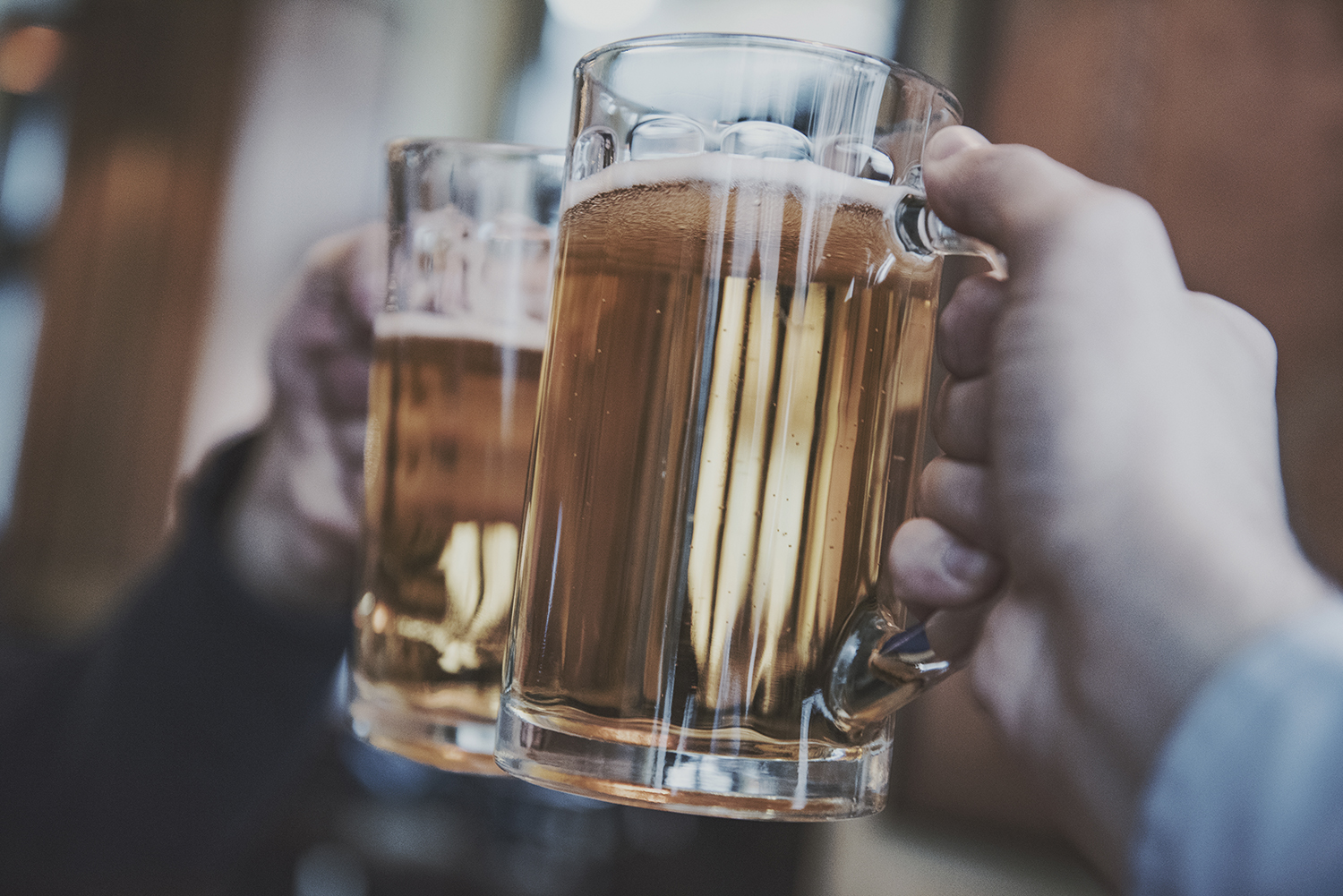Alcohol addiction can sneak up on you. It starts with occasional social drinking, but can quickly escalate to problematic behavior and eventually dependence. It’s also often overlooked in our culture — research suggests that alcohol use disorder (AUD) is among the least treated in the U.S. It’s important to be able to recognize the warning signs for yourself so you can get the help you need before it’s too late.
What is Alcohol Use Disorder?
If you question whether or not you would meet the diagnosis criteria for alcohol use disorder, you’re not alone. The National Institute on Alcohol Abuse and Alcoholism reports that an estimated 17 million people have a diagnosable alcohol use disorder.
While no two people with alcohol addiction will have the exact same set of symptoms, the disorder is characterized by a preoccupation with and compulsive use of alcohol. There are also 11 recognized symptoms of alcohol use disorder according to the Diagnostic and Statistical Manual of Mental Disorder-5 (DSM-5).
Symptoms of Alcohol Use Disorder
In order to be diagnosed with alcohol use disorder, an individual must have demonstrated at least two of the following symptoms in the last year. Two or three symptoms would indicate mild alcohol use disorder, four to five would indicate moderate alcohol use disorder, and six or more would indicate severe alcohol use disorder.
- Frequent alcohol consumption in large amounts and over a longer period than intended.
- There are many attempts to cut down on alcohol use without success.
- Experiencing a strong, persistent craving for alcohol.
- Recurrent alcohol use that results in a failure to fulfill a certain role, whether at work, school, or home.
- Spending a lot of time on obtaining, consuming, and recovering from alcohol.
- Alcohol use continues despite having physical or psychological problems that are exacerbated by alcohol.
- A need to consume increased amounts of alcohol to achieve the same effect (tolerance).
- Reducing or entirely giving up important activities due to alcohol use.
- Recurrent alcohol use that causes physical danger.
- Alcohol use that continues despite a negative social impact.
- Experiencing symptoms of alcohol withdrawal when drinking stops, or needing to drink to offset withdrawal symptoms.
Questions to Ask Yourself
Alcohol use disorder can start with a couple of mild symptoms and escalate quickly. If you’re not sure whether or not your alcohol use is truly problematic, consider the following questions:
- In the last year, have you ended up drinking for more or longer than you intended?
- Have you tried to cut back on drinking and haven’t been able to? Has this happened more than once?
- Have you ever been a situation when drinking put you in a dangerous situation (i.e. driving while drunk, going to a dangerous place, or having unprotected sex)?
- Have you found that you need to drink more to achieve the same effect? Does your usual number of drinks not have the same impact as it used to?
- Do you drink even though you have noticed that it makes you depressed or anxious? Do you drink even though you have a physical health problem that is aggravated by alcohol?
- Have you ever blacked out from drinking?
- Do you drink even though your friends or family have expressed concerns about your drinking?
- Has drinking ever interfered with your ability to take care of your home or family? Do you have trouble at your job or school due to your drinking?
- Have you significantly cut back on or stopped doing an activity that used to mean a lot to you because of your drinking?
- Have you ever had legal problems due to your drinking?
- Have you ever experienced symptoms of alcohol withdrawal when you stopped drinking, such as difficulty sleeping, restlessness, nausea, racing heart, or sweating?
If you answered “yes” to two or more of these questions, you may want to speak with one of our specialists at our alcohol treatment center in Denver. Through this free consultation, we can help you assess whether you would benefit from our medically based, outpatient treatment program. Contact us today.


0 Comments